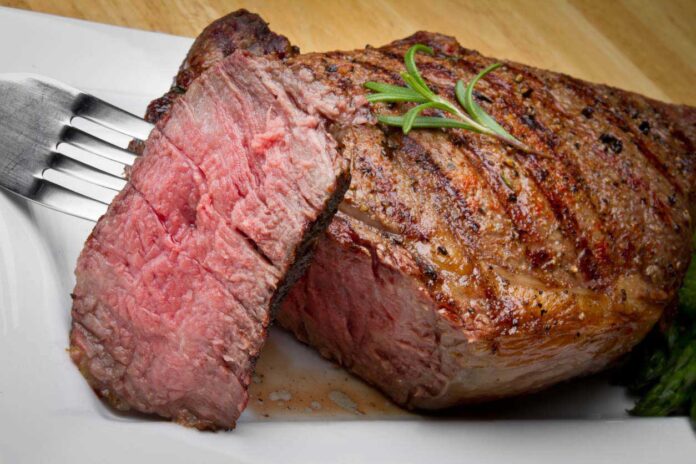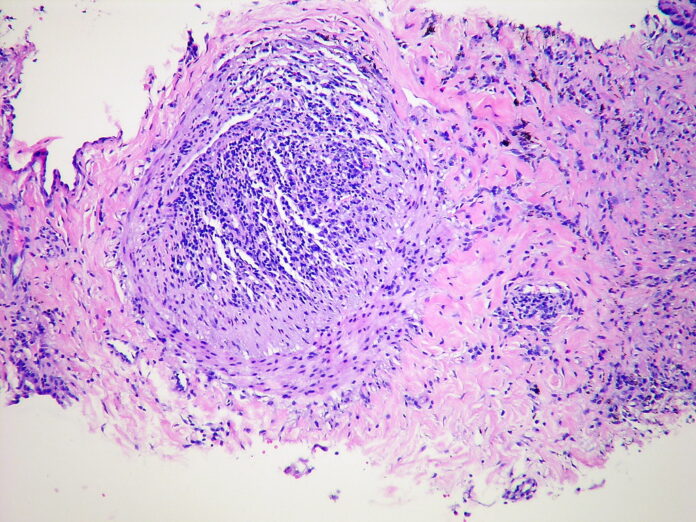Red Meat a Natural Protein Powerhouse
Red meat, including beef, lamb, and pork, has been a staple food source for centuries. While often demonised for its saturated fat content, red meat boasts a unique profile of essential nutrients that can contribute to a healthy diet when consumed in moderation.
Nutritional Value of Red Meat
- Protein Powerhouse: Red meat is an excellent source of high-quality protein, essential for building and repairing tissues, maintaining muscle mass, and promoting satiety.
- Iron Rich: Red meat is a highly bioavailable source of iron, crucial for transporting oxygen throughout the body and preventing iron deficiency anemia, particularly important for women and children.
- Essential Vitamins and Minerals: Red meat contains a range of essential vitamins and minerals, including Vitamin B12 (vital for nerve function and red blood cell formation), zinc (important for immune function and wound healing), and creatine (supporting muscle function and energy production).
Health Benefits of Red Meat
- Muscle Building and Repair: The protein content in red meat can be beneficial for athletes and individuals focused on building or maintaining muscle mass.
- Combating Iron Deficiency: Red meat’s readily absorbed iron content can help prevent iron deficiency, especially for those at risk.
- Brain Development: Vitamin B12, abundant in red meat, plays a crucial role in brain development and function.
Important Considerations when Eating Red Meat
- Saturated Fat and Cholesterol: Red meat is generally high in saturated fat and cholesterol, which can contribute to increased risk of heart disease and stroke if consumed excessively.
- Moderation is Key: The World Health Organization (WHO) recommends limiting red meat consumption to less than 3 times per week, prioritizing lean cuts and incorporating other protein sources like fish, poultry, and legumes.
- Cooking Methods: Opt for healthier cooking methods like grilling, baking, or broiling to minimize fat intake.
Conclusion on Red Meat
Red meat can be a part of a healthy diet when consumed in moderation. Its rich protein, iron, and essential vitamin and mineral content offer potential health benefits. However, prioritising lean cuts, practising portion control, and focusing on a balanced diet rich in fruits, vegetables, and whole grains are crucial to mitigating the potential downsides associated with saturated fat and cholesterol. Consulting a healthcare professional for personalised dietary advice is essential, especially for individuals with underlying health conditions.



















